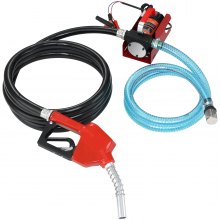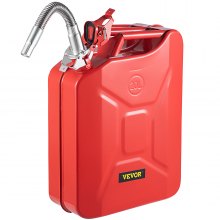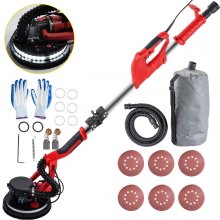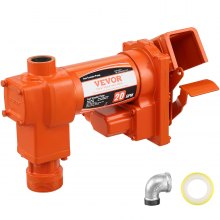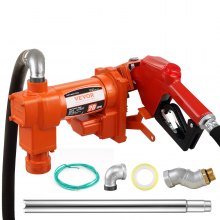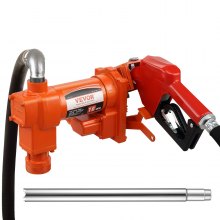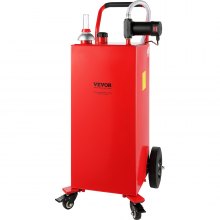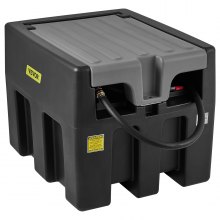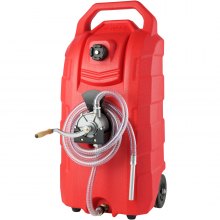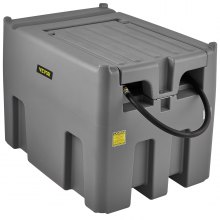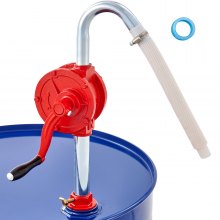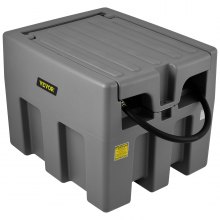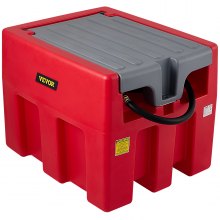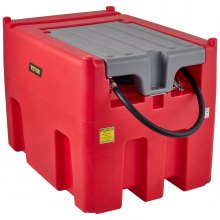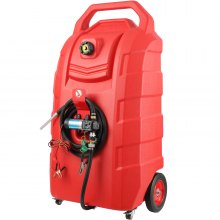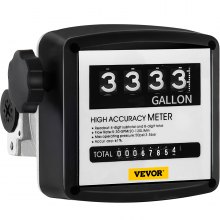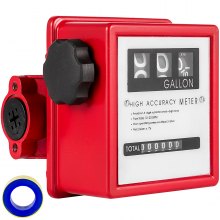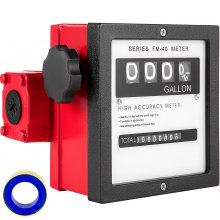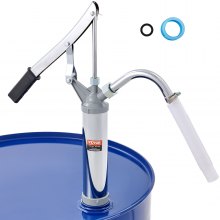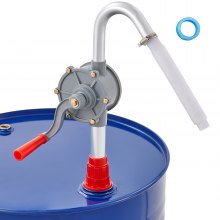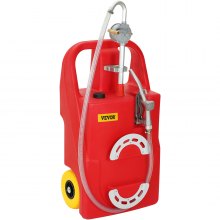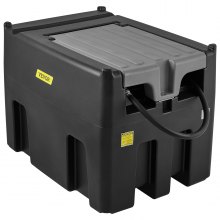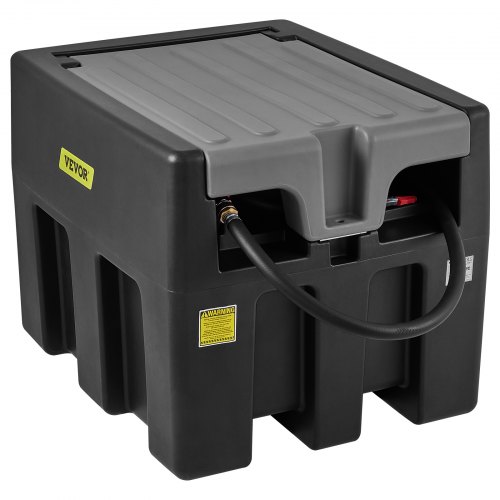The Essential Guide to Choosing the Best Fuel Transfer Pumps for Your Needs
Navigating the vast sea of fuel transfer pumps can feel like an overwhelming task, especially when you aim to find a reliable solution that matches your specific requirements. Whether you’re a professional in the agricultural sector, manage a fleet of vehicles, or simply need an efficient way to handle fuel in your home workshop, this guide is crafted to light your path. We delve into the crucial aspects of selecting the perfect fuel transfer pump, with an emphasis on functionality, efficiency, and, of course, safety.
Understanding Fuel Transfer Pumps
What is a Fuel Transfer Pump?
At its core, a fuel transfer pump is a device designed to move fuel from one place to another. This could be from a storage tank to a vehicle, among tanks, or from a barrel to a storage container. The necessity for such a device spans across various industries, including agriculture, automotive, and manufacturing.
Types of Fuel Transfer Pumps
Fuel transfer pumps come in several designs, each suited to specific needs and types of fuel. Electric and manual pumps are the most common, but within these categories, you’ll find subtypes like rotary, piston, and diaphragm pumps, each with its unique advantages and use cases.
Selecting the Right Pump
Consider Your Fuel Type
Different fuels have different viscosities and chemical properties, requiring specific pump types. For instance, pumps that work well with diesel may not be suitable for more volatile fuels like gasoline.
Determine the Required Flow Rate
Flow rate, typically measured in gallons per minute (GPM), is a critical factor. Assessing the volume of fuel you need to transfer and the speed at which you need to transfer it will guide you in choosing a pump with an appropriate flow rate.
Power Source and Location
Your operational environment and available power sources will influence your choice. Electric pumps require a power source, which is convenient for stationary setups but may be impractical in remote or mobile applications where a manual or battery-operated pump would be more suitable.
Safety Features
Given the hazardous nature of most fuels, opting for a pump with robust safety features is non-negotiable. Look for options with flame arresters, anti-siphon devices, and static discharge protection to mitigate risks.
Maximizing Efficiency and Durability
Maintenance Best Practices
Regular maintenance is key to prolonging the life of your fuel transfer pump. This includes cleaning the pump, inspecting for leaks or wear, and replacing parts like filters or gaskets as needed.
Choosing Quality Over Price
While budget constraints are a reality for many, investing in a high-quality fuel transfer pump can save money in the long run. Higher quality pumps tend to have better efficiency, fewer breakdowns, and longer lifespans, reducing the overall cost of ownership.
Warranty and Support
A solid warranty and accessible customer support can be indicators of a manufacturer's confidence in their product. Look for products backed by a robust warranty and manufacturers or suppliers who offer excellent customer service and technical support.
Practical Applications of Fuel Transfer Pumps
Agriculture
In the agricultural industry, fuel transfer pumps are essential for running farm machinery and equipment. The right pump can ensure that vehicles and machines are fueled efficiently, keeping the farm operational.
Automotive and Fleet Management
For businesses that manage fleets of vehicles, fuel transfer pumps can streamline the refueling process, reduce downtime, and improve efficiency. Choosing a pump with a high flow rate can significantly benefit operations with large fuel demands.
Emergency Preparedness
Fuel transfer pumps are also critical in emergency preparedness for both individuals and communities. Having a reliable pump can ensure access to fuel during power outages, natural disasters, or other emergencies.
The Role of Innovation in Fuel Transfer Technology
Advancements in Efficiency and Safety
Innovation in fuel transfer technology focuses on making pumps more efficient, safer, and easier to use. Features like automatic shut-off, leak detection, and wireless monitoring are becoming more common, enhancing both safety and convenience.
Sustainable Solutions
As the world moves towards more sustainable energy solutions, the fuel transfer pump industry is also adapting. Pumps designed for alternative fuels like biodiesel are becoming more prevalent, offering environmentally friendly options for fuel transfer.
Frequently Asked Questions About Fuel Transfer Pumps
What Is a Fuel Transfer Pump?
A fuel transfer pump is a device designed to move fuel from one container to another, commonly used in agricultural, automotive, and industrial settings to ensure efficient and safe fuel handling.
Can I Use the Same Pump for Gasoline and Diesel?
It's essential to use a pump designed specifically for the type of fuel you're handling. Pumps made for diesel may not be suitable for gasoline due to differences in volatility and viscosity.
How Do I Determine the Right Flow Rate for My Needs?
The flow rate, typically measured in gallons per minute (GPM), depends on your specific requirements. Consider the volume of fuel you need to transfer and how quickly you need the transfer to occur to determine the appropriate flow rate.
Are Electric Fuel Transfer Pumps Better Than Manual Ones?
The choice between electric and manual pumps depends on your specific use case, including the availability of power sources, the volume of fuel to be transferred, and whether the application is stationary or requires portability.
What Safety Features Should I Look For?
Opt for fuel transfer pumps with safety features such as flame arresters, anti-siphon devices, and static discharge protection to mitigate risks associated with handling flammable liquids.
How Often Should I Maintain My Fuel Transfer Pump?
Regular maintenance schedules vary based on usage and the manufacturer's recommendations. However, routine checks for leaks, wear and tear, and proper operation should be conducted regularly to ensure longevity and safety.
Can Fuel Transfer Pumps Be Used for Other Liquids?
While some fuel transfer pumps may handle other liquids, it's crucial to check the manufacturer's guidelines for compatibility with other fluids to avoid damage to the pump or unsafe conditions.
Where Can I Purchase a Reliable Fuel Transfer Pump?
For a wide selection of reliable fuel transfer pumps, consider VEVOR. They offer a variety of pumps designed for different applications, ensuring high quality, efficiency, and customer satisfaction.
Conclusion: Making the Right Choice with VEVOR
Why Choose VEVOR?
VEVOR stands out in the market for fuel transfer pumps with its commitment to quality, innovation, and customer satisfaction. Offering a wide range of pumps designed for different fuels and applications, VEVOR ensures that you can find the perfect match for your needs. With robust safety features, exceptional efficiency, and dedicated customer support, VEVOR is your go-to source for reliable fuel transfer solutions.
Take Action Today
Don’t let the complexity of choosing a fuel transfer pump deter you. With the insights provided in this guide and the quality solutions offered by VEVOR, you’re well-equipped to make an informed decision. Elevate your fuel transfer process by choosing VEVOR, where innovation meets reliability. Start exploring the range today and take the first step towards a more efficient and safe fuel handling solution.



























